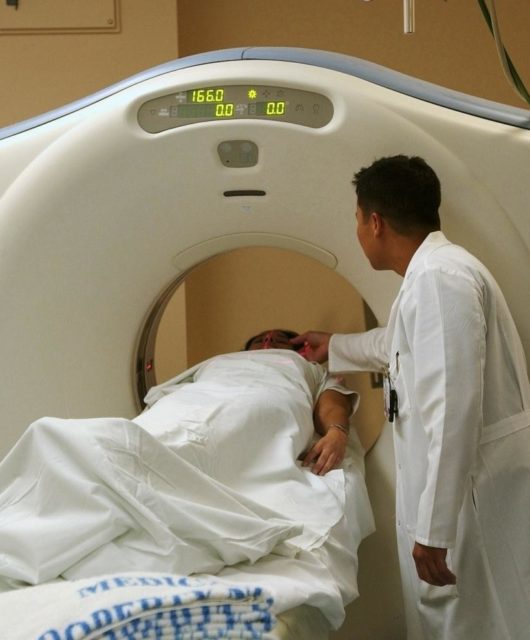Delayed Car Accident Injuries and Symptoms You Need to Know
 In 2020, motor vehicle accidents ranked as the fifth leading cause of nonfatal injuries in the US. Every year, millions of accidents occur worldwide, leading to severe injuries.
In 2020, motor vehicle accidents ranked as the fifth leading cause of nonfatal injuries in the US. Every year, millions of accidents occur worldwide, leading to severe injuries.
But, not all the injuries result right after the crash. Some symptoms might not show up until days or weeks after the accident has taken place.
These delayed injuries often become more serious as time passes. A lot of people, thus, end up seeking medical attention much later. Some delayed car accident injuries will be tackled in this article, as well as what you need to do.
Continue reading to find out more.
Table of Contents
Whiplash
Whiplash occurs when the head is suddenly thrown forward or backward. This can happen during a car accident when the vehicle gets hit from behind or on the side.
The impact causes the neck to snap back and forth, resulting in pain and headaches. In severe cases, whiplash can cause dizziness, nausea, and difficulty swallowing.
Left untreated, it can lead to chronic pain, disability, and a decreased quality of life. Early diagnosis and treatment are vital for preventing long-term complications.
Traumatic Brain Injuries
A traumatic brain injury (TBI) can occur when the head is violently jarred or hit. The resulting damage to the brain can have a wide range of effects, from mild to severe.
The victim may suffer from a contusion, which is a bruise of the brain. In severe cases, the victim may suffer from a contrecoup injury, which is when the brain hits the opposite side of the skull.
The common symptoms following a car accident include headaches, dizziness, nausea, and fatigue. Difficulty concentrating, difficulty sleeping, mood swings, and depression can also occur.
Broken Bones
A broken bone is a break in the continuity of the bone. In a car accident, broken bones can occur from the impact of the accident or the force of the airbag deploying. The most common bones to break in a car accident are the ribs, the collarbone, and the bones in the arms and legs.
Delayed symptoms of broken bones include pain, swelling, and deformity. The limb may appear shortened if the injury is to an arm or leg. There also may be numbness or tingling, depending on the nerve that has been injured.
Emotional Trauma
Car accident victims often experience delayed injuries and symptoms. This can be due to the adrenaline rush, which can mask the pain and other signs of injuries.
The emotional trauma after an accident can manifest as anxiety, depression, and nightmares. If you are struggling emotionally, it is crucial to seek professional help.
What To Do if You’ve Been in a Delayed Car Accident
Ensure you see a medical professional after a car accident, even if you feel fine. Delays in seeking treatment can make injuries worse and more challenging to treat.
Keep documentation of all your symptoms, and take photographs of any visible injuries. Contact a personal injury lawyer to discuss your legal options and help you get the compensation you deserve.
Do Not Ignore Car Accident Injuries
If you have been in an accident, it is vital to know the signs and symptoms of delayed car accident injuries. That way, you can seek proper medical treatment and, if necessary, pursue a legal claim.
Do not wait to see until something severe happens. The sooner you seek medical attention, the better.
Please browse our other blog posts for more legal and auto information!









